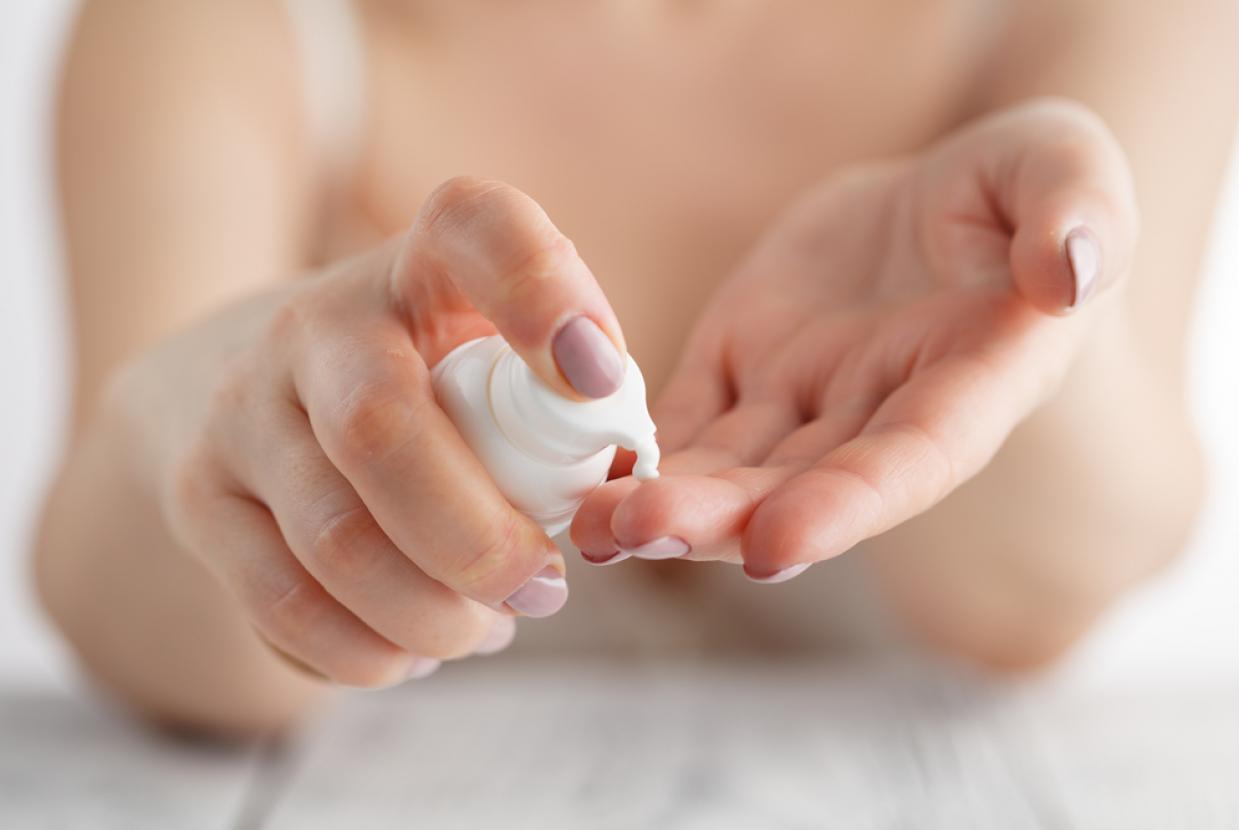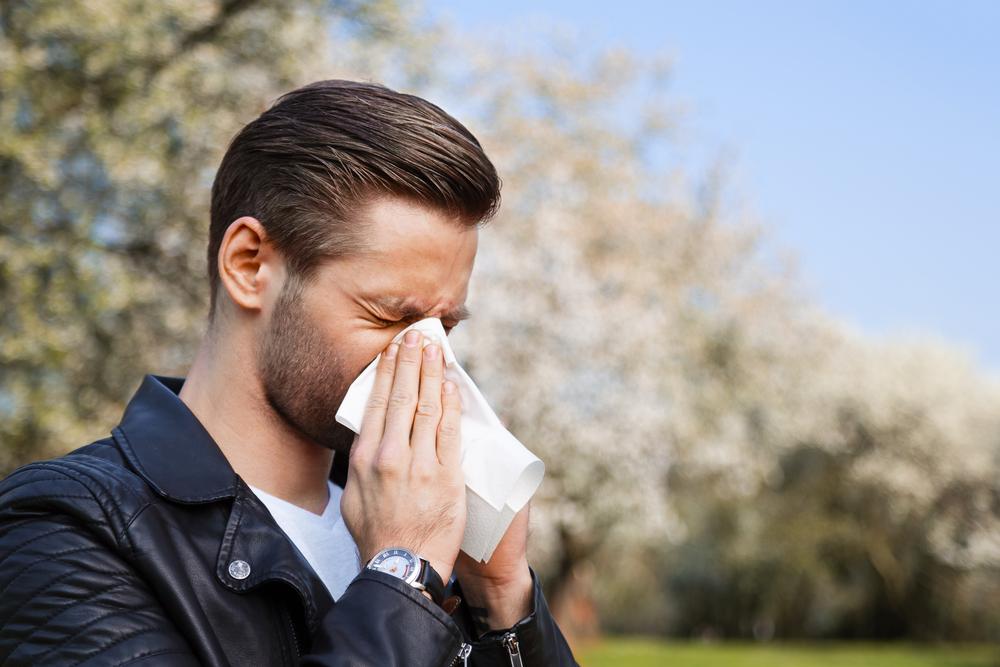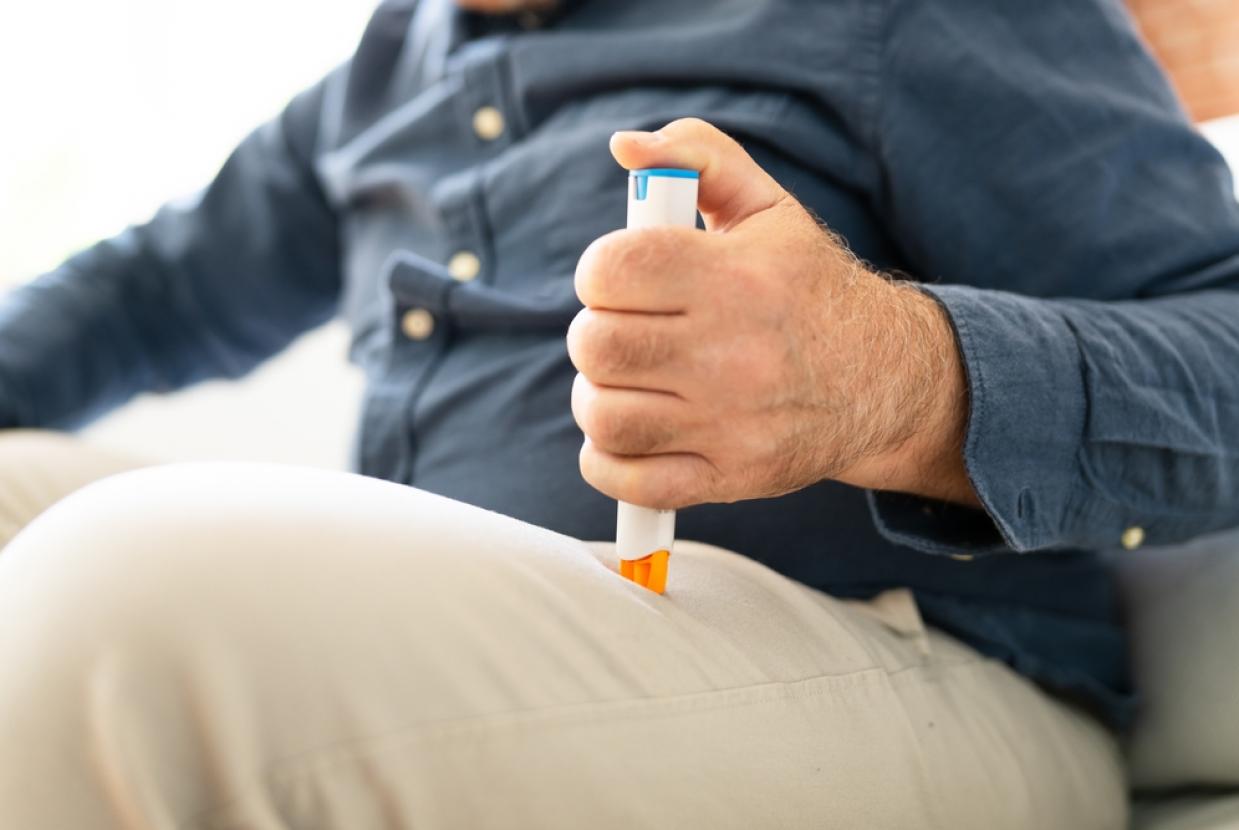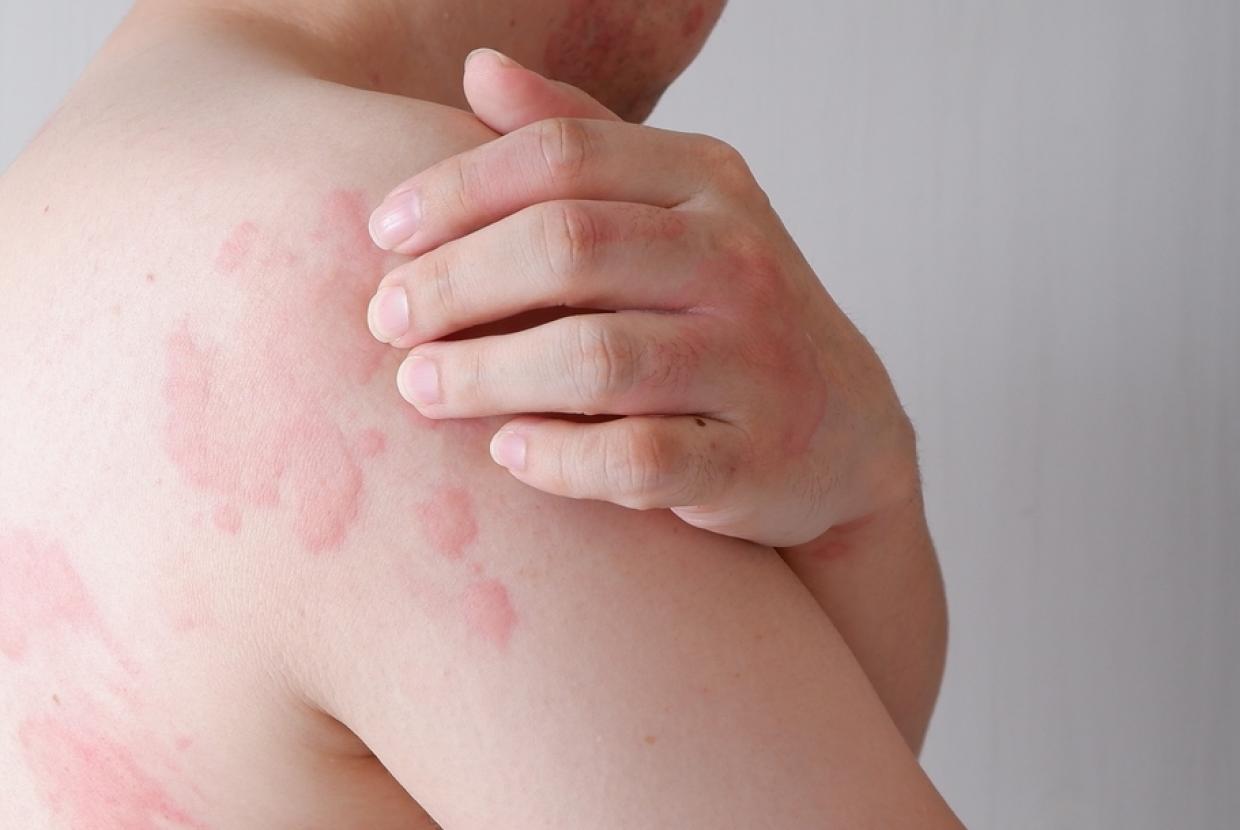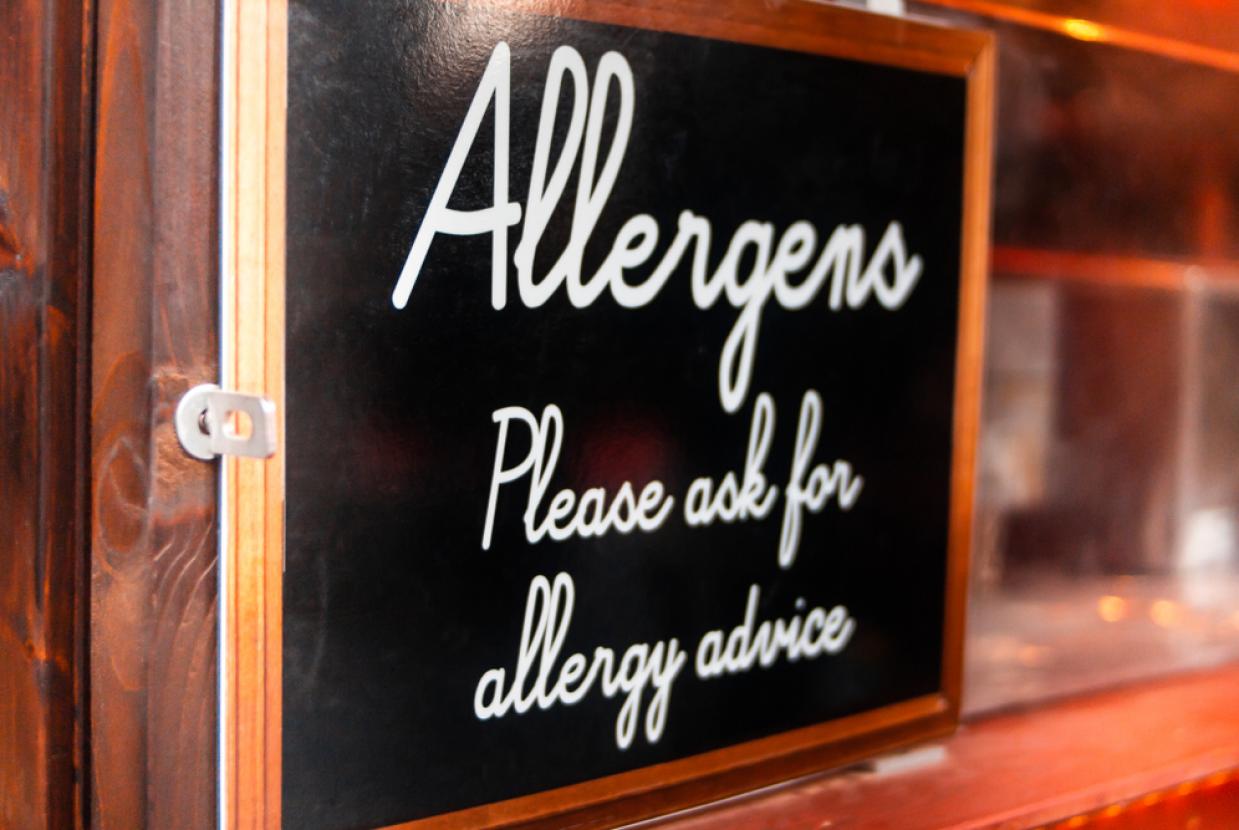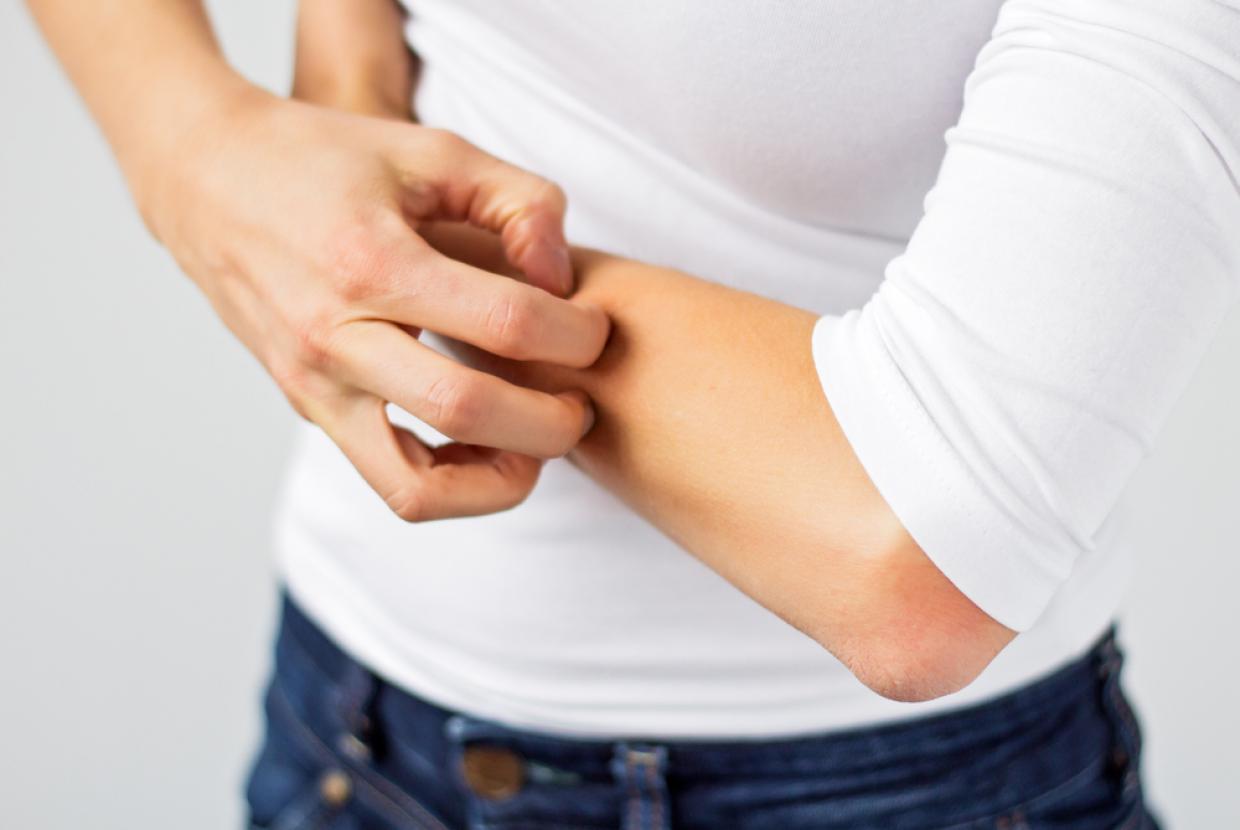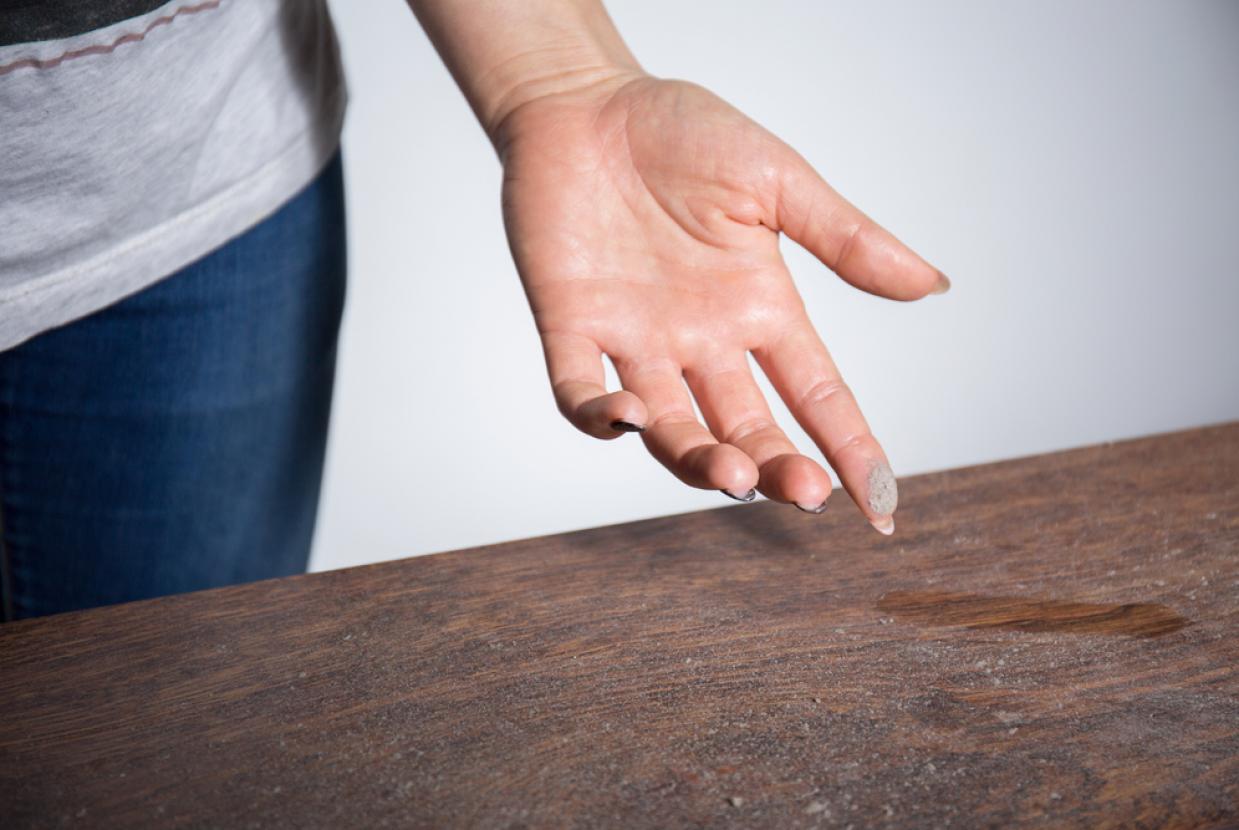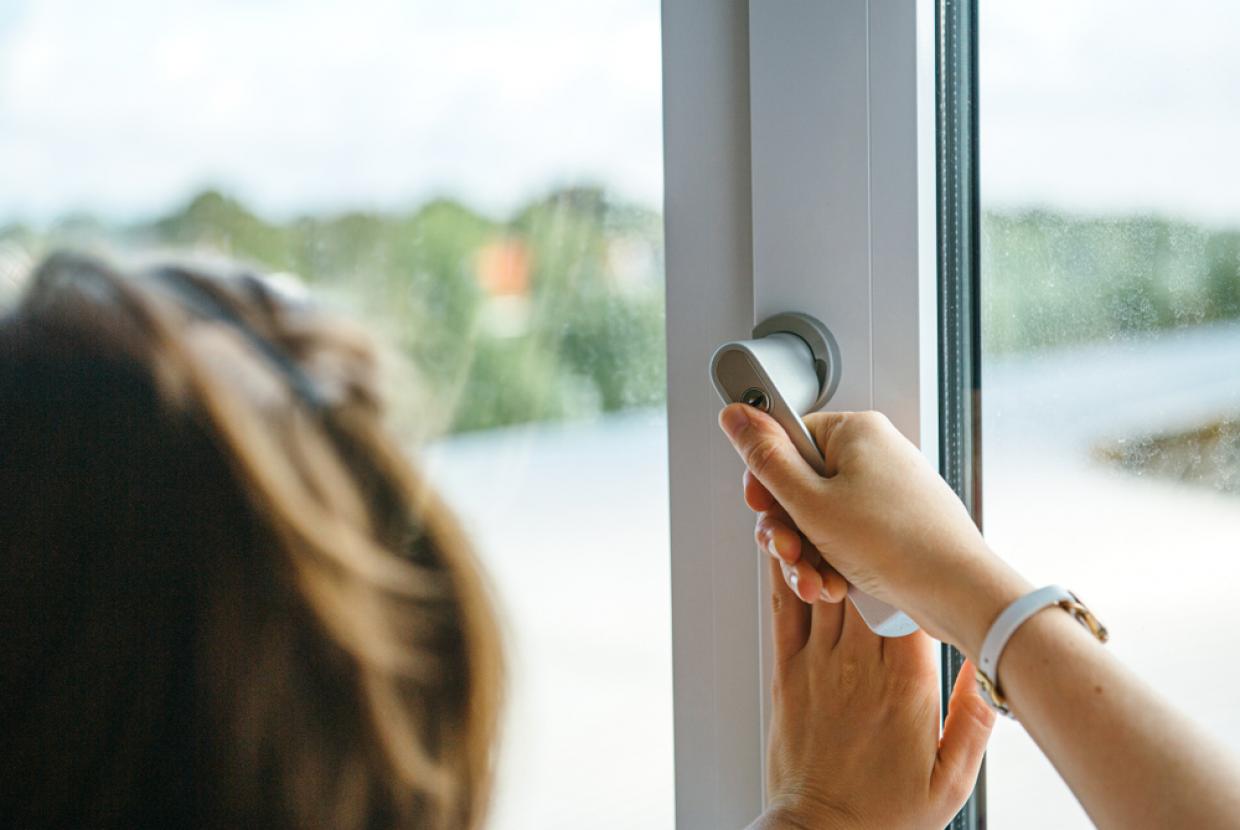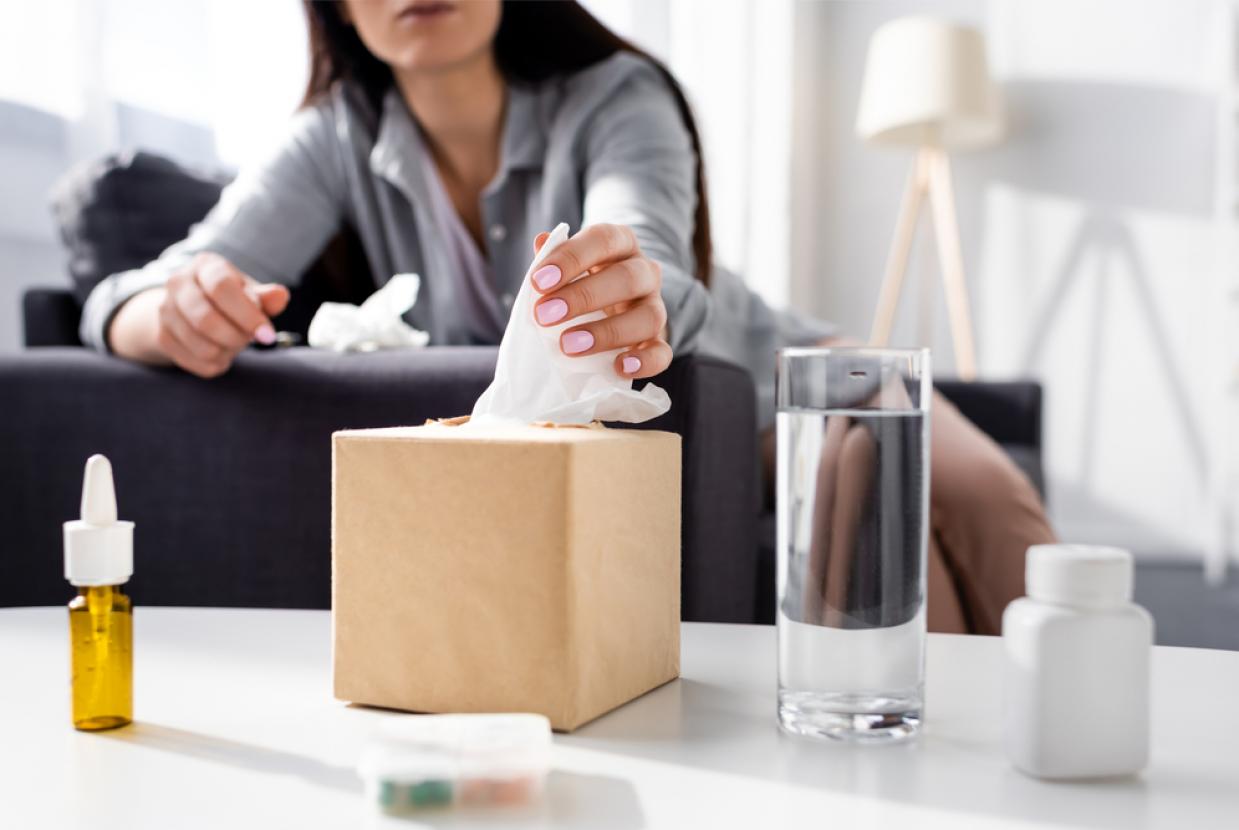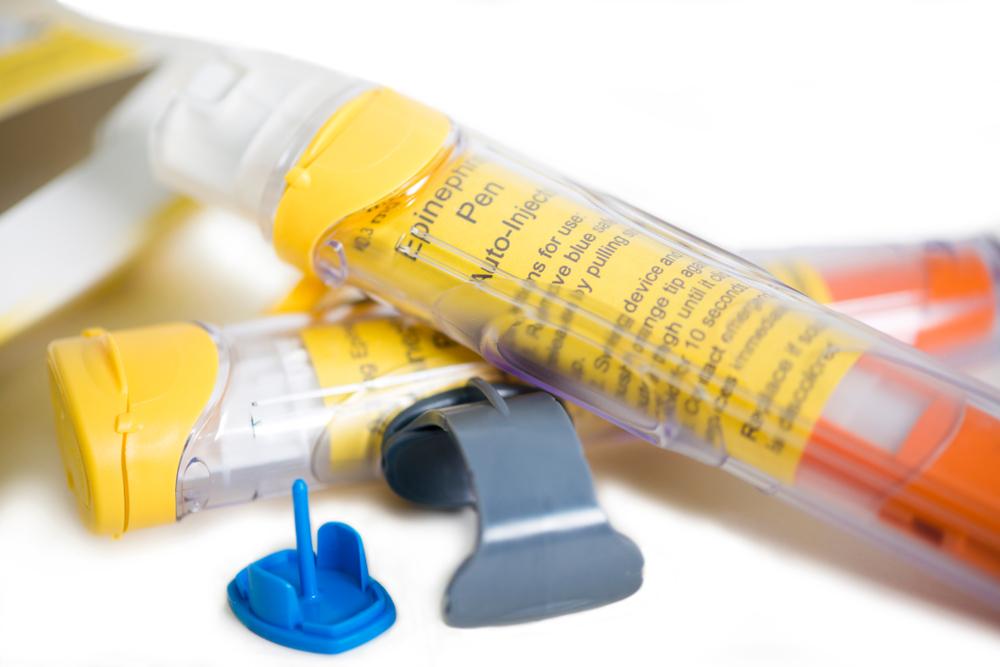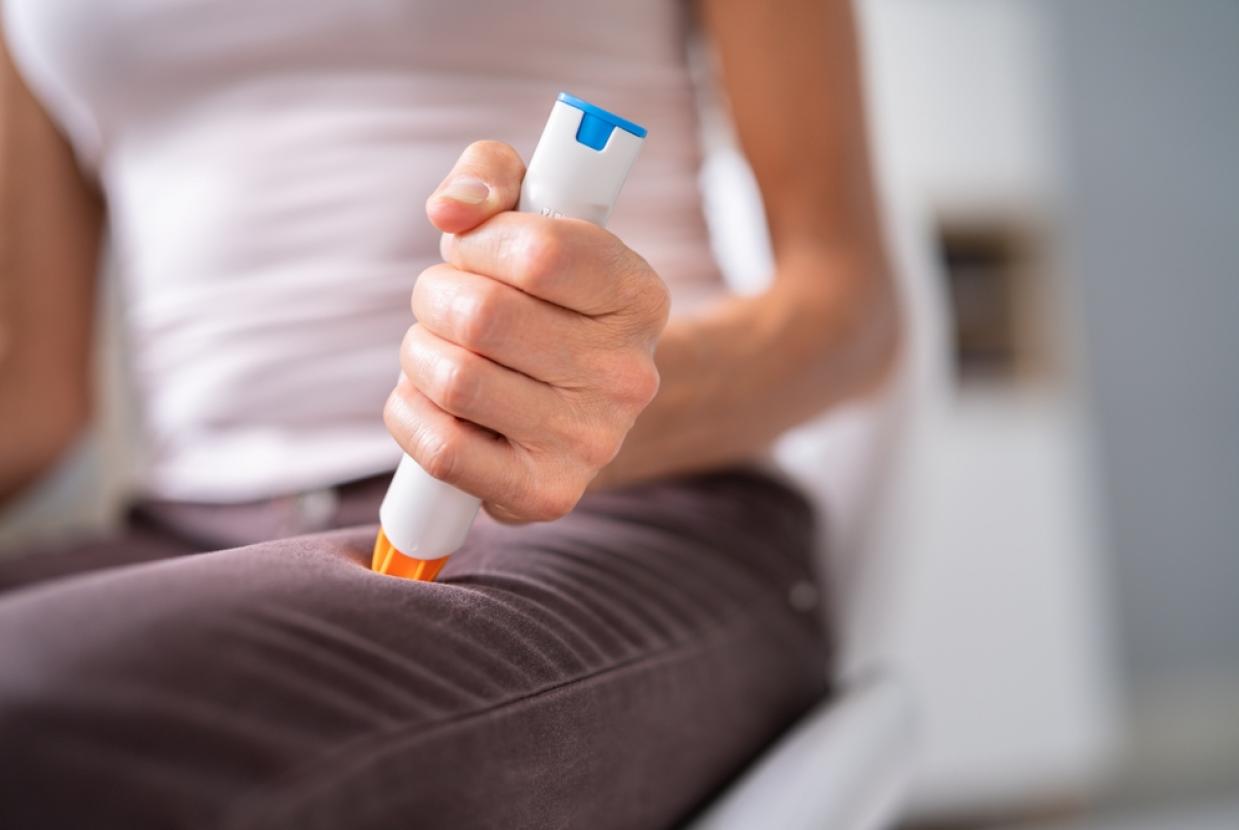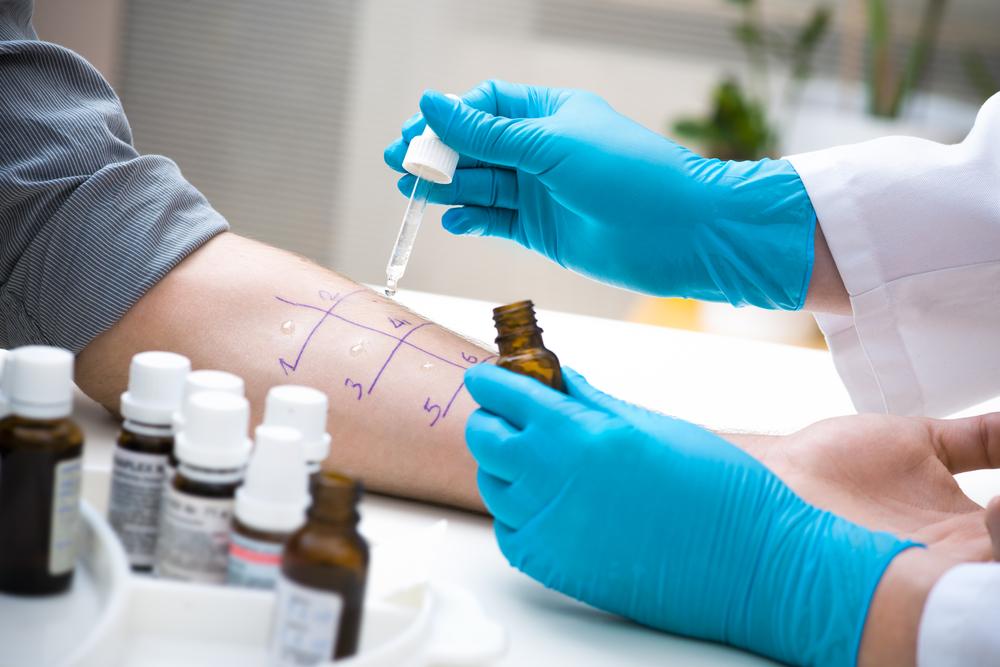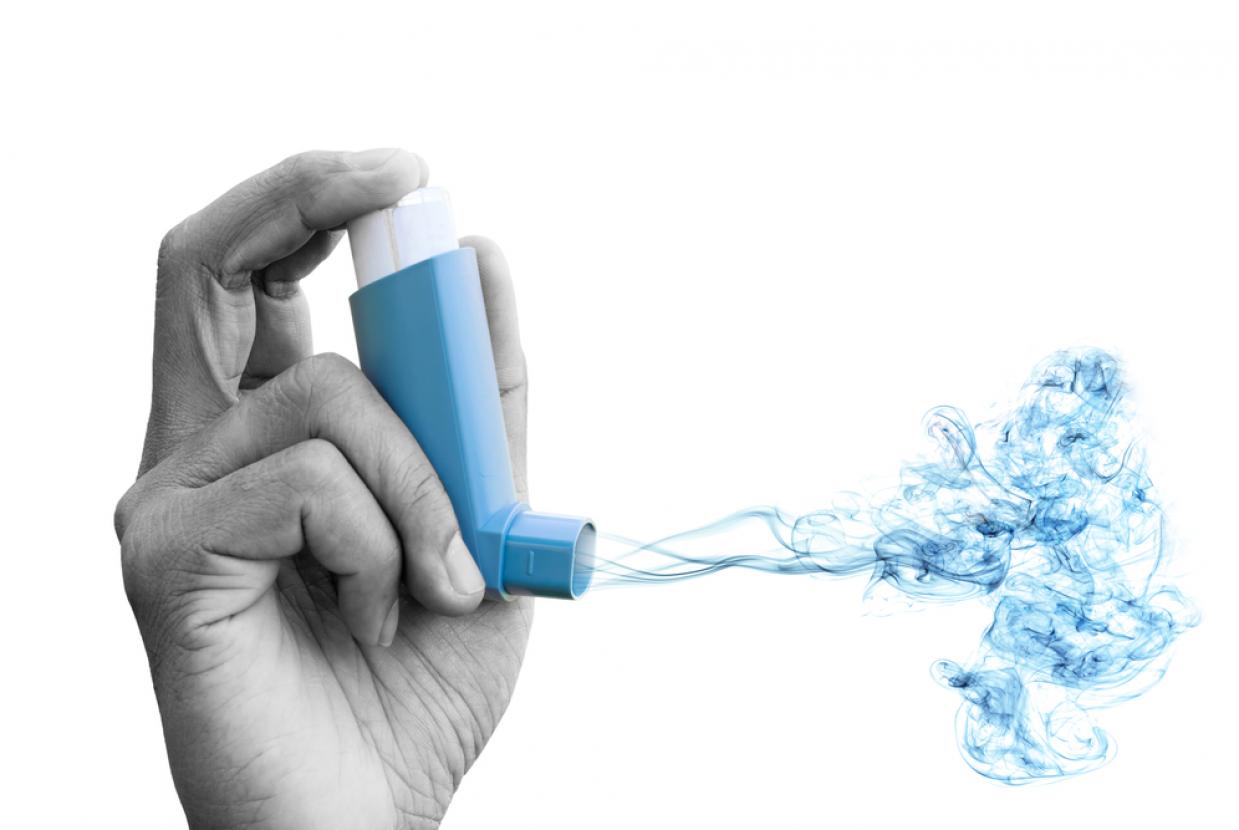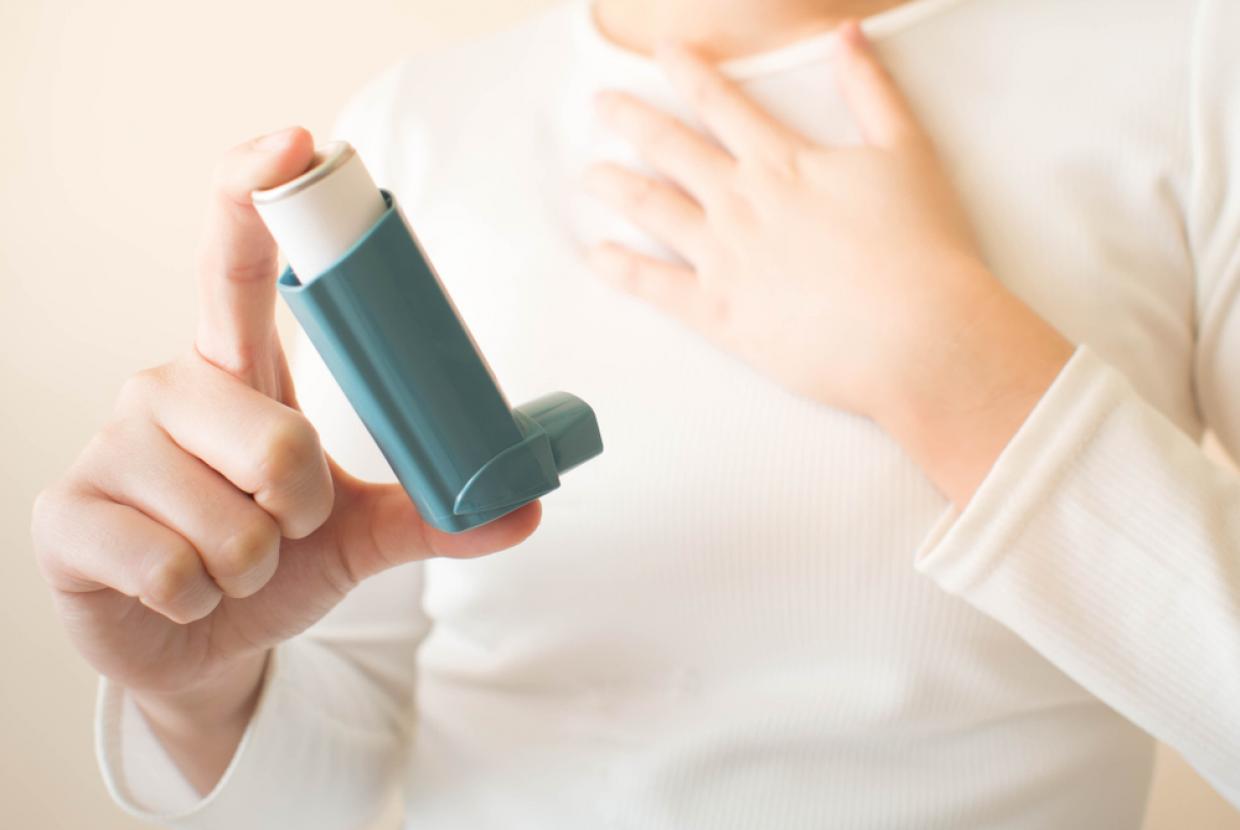Living With Eczema
Eczematous skin tends to be very dry and itchy and this Itching can lead to scratching and rubbing of the skin which can cause thickening of the skin, called lichenification, and the inflammation can lead to darker or lighter patches in the skin called inflammatory pigmentation. Infection is also very common with people with eczema as the skin barrier is already broken so bacterial and viral infections can develop very easily. If you suspect you have an infection of the skin it is important to contact your health care professional for advice to prevent the infection worsening.
Eczema is often seen as ‘just a skin condition’, but for those living with this condition, eczema can impact on all aspects of daily life. Taking care of eczema skin can be time-consuming and expensive. One of the main physical symptoms associated with allergic skin conditions is itch, itch can be very debilitating affecting sleep, concentration and mood and impact on school, work and affect personal relationships.
Breaking the itch scratch cycle
Scratching in eczema damages the skin and can allow bacteria and allergens and irritants to enter the skin making the itch worse. When we scratch we release chemicals in the brain that makes us feel good and want to continue scratching, in eczema, scratching also triggers the release of chemicals in the body called histamine which make the itch worse, this is why we can scratch till we bleed with eczema. Scratching with eczema can become a habit and be very difficult to stop. There are various methods available to help support you to prevent you scratching and causing further damage to the skin. Some of these methods may take practice before they are truly effective.
Tips can include
- Keeping your nails short to prevent further damage to the skin, and trying to prevent the skin becoming too hot to cold. You could also try wearing cotton gloves with a layer of emollient underneath to help prevent you from scratching especially at night.
- Applying emollient to the affected area often helps reduce the itch, try massaging the itchy area with emollient to reduce the itch sensation, putting the emollient in the fridge (cream or lotions wok best) to cool before applying can be very soothing. The Application of a thick greasy emollient to the area you regularly scratch can also help prevent you scratching as the sensation of the nails clogged with ointment can be off putting for some.
- Beware emollients and paraffin based treatments are flammable – while it is essential that you continue to use topical ointments and creams for the treatment for your eczema, you should avoid smoking, naked flames and sources of ignition such as candles, open/ wood burning fires, gas cookers etc when applying topical treatments to yourself or a child.
- Antihistamine can help if the itch is triggered by allergy and often a short course of a sedating antihistamine taken at night can help induce a deep sleep and stop you scratching at night and help with sleep.
- Pinching not rubbing or scratching the skin when you feel an itch sensation can help prevent you scratching
- Try applying an ice pack or cold compress to the area to help soothe the skin
- Practicing deep breathing or other relation techniques can also be useful to reduce any built up stress.
Relationships and eczema
Eczema can have a huge impact on family dynamics and relationships. Having eczema can lower your self-confidence and self-esteem and you may feel embarrassed to show your skin or reluctant to mix with others and this can lead to you feeling very alone and isolated. It is important to try to carry on with your normal every day activities as much as possible even when your skin is bad and your mood might be low. Sometimes trying a new hobby or activity can help, other people with eczema often suggest trying relaxation methods such as mindfulness, meditation or deep breathing exercise can help to boast the mood.
If eczema is affecting your emotional wellbeing, it is important to talk about your feelings. There are lots of different types of support available online and through your pharmacist or GP practice. If you have concerns about your mood or general wellbeing, it is important to speak with your healthcare professional who will be able to offer support and advice.
During difficult, busy and stressful times it may seem difficult to maintain any routine, but is essential that you maintain a good skin care routine as this is an important part of managing your eczema to prevent any further worsening of your condition. This regime should include regular emollient therapy, soap substitute, topical treatments and any other medication required to help manage your eczema, some people can find wearing cotton gloves can help to prevent you scratching especially if worn at night.
Skin care – Tips for bathing and showering
- Water on its own can be very drying to the skin, use a soap substitute bath or shower emollient for bathing, avoid the use of perfumed bubble baths or shower gels as these can irritate the skin. Be careful when using emollients in the bath or shower as they can make surfaces slippery.
- Heat is a common trigger for eczema, so ensure the bath or shower is warm but not too hot. Remember to limit the time in the bath or shower to a maximum of 10–20 minutes. A hot bath or shower or spending too long in water may trigger the itch/scratch cycle.
- When drying remember to pat rather than rub dry to prevent triggering the itch/ scratch cycle and any further damage to the skin.
- After bathing remember to apply your emollient this helps to trap the moisture and prevent dryness or the skin.
Key messages
1) One of the main physical symptoms associated with allergic skin conditions is itch, itch can be very debilitating affecting sleep, concentration and mood and impact on school, work and affect personal relationships
2) Taking time to relax and de-stress– maybe go for a walk, take a warm not hot bath, read a book, meet up with friends, try a new hobby or sport, if you feel stressed or anxious sometimes meditation, mindfulness or breathing exercises can be helpful.
3) If eczema is affecting your emotional wellbeing, it is important to talk about your feelings. If you have concerns about your mood or general wellbeing, it is important to speak with a healthcare professional who will be able to offer support and advice.


